Aldo Parodi
출생 : 1953-01-10, Santiago, Chile
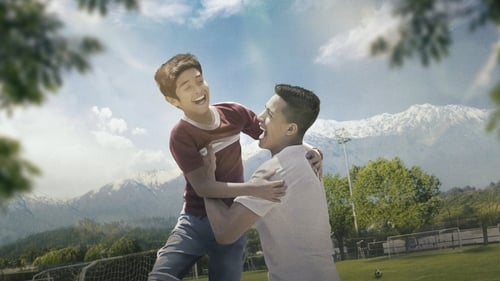
Tito's Neighbor
When a young soccer fan and his idol forge an unexpected friendship, the connection teaches them both lessons about life and their love of the game.

Don Teodoro
Pancho Veloso, an old writer of celebrity articles, returns to his hometown of Chilean Patagonia after more than 40 years of having fled. When trying to write "salable" stories about that area so called "the end of the world", he will face his past and leave his imposture.

Hugo
Cousins Lenin and Jonás never had contact in 15 years. Lenin made a fortune as drug dealer. Jonás was formed as a religious pastor, but in the shadow of his father. Both join forces to form a new religious sect: the Transprofética Church.
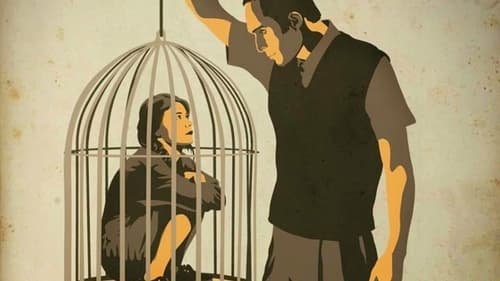
Person at the Bar
Ivan keeps a 15-year-old Natalia hostage since she was a little girl. The repressive regime seems not to refrain them from forming a sort of family bond. They begin struggling with each other when the girl's sexuality awakens. Ivan desires her love and companionship.
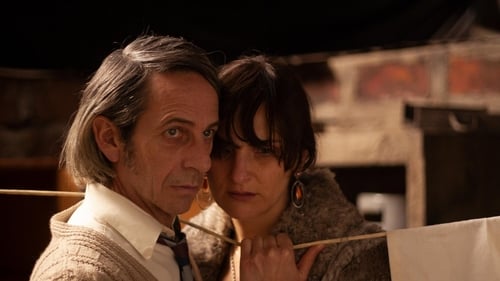
Pato
In Chile, 1973, during the last days of Salvador Allende's presidency, an employee at a Morgue's recording office falls for a burlesque dancer who mysteriously disappears.

Eyepatch Man
Displays the experiences of diverse groups of people inside a supermarket.

Pablo
In the city of Santiago, four characters struggle to reach their goals: a psychologist who wants to help other women and save their lives, a hairdresser who wants to buy a car, a musician who wants to play in a philharmonic orchestra, and a young woman who simply survives in the city, but each of them obtains something unexpected and different from what they wanted.

Vilches
Cecilia Ureta, host of Chile's highest-rated news show, announces the results of a United Nations survey, the conclusion of which states that 62% of Chilean women are or have never been unfaithful. Ironically, Cecilia maintains an extramarital relationship with the network's owner. Maliciously, a rival colleague discovers this during a live broadcast, with tragic results. The revelation spreads becoming a conversation of national interest.
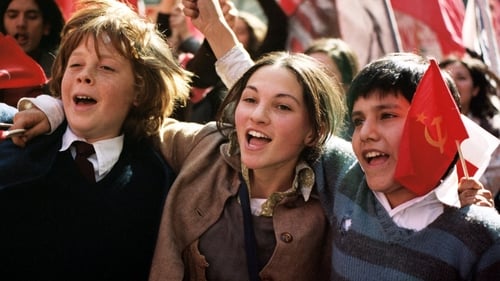
Tailor
Santiago, capital of Chile during the Marxist government of elected, highly controversial president Salvador Allende. Father McEnroe supports his leftist views by introducing a program at the prestigious "collegio" (Catholic prep school) St. Patrick to allow free admission of some proletarian kids. One of them is Pedro Machuca, slum-raised son of the cleaning lady in Gonzalo Infante's liberal-bourgeois home. Yet the new classmates become buddies, paradoxically protesting together as Gonzalo gets adopted by Pedro's slum family and gang. But the adults spoil that too, not in the least when general Pinochet's coup ousts Allende, and supporters such as McEnroe.

Eugenio
The seductive quality of the night of a saturday where both the rich and the poor experience the drunken urgency of the party and the clock.

Pedro
When the Chilean officials lift the ban on harvesting the shellfish "el loco" (which purportedly is an aphrodisiac) in the seaside village of Puerto Gala greed and lust take hold. Greed is embodied by Carlos Maldonato, "El Canuto," who attempts to buy all of the shellfish for a Japanese company, and by a traveling band of prostitutes that accompany the influx of fishermen. El Canuto also wrangles to get into good stead with an old flame, Sonia, who is now the proprietor of "La Pincoya," a local restaurant. But "el loco" proves more effective, and more damaging, than anyone could have guessed.

Pedro Carrasco
A small house is devastated by the irrepressible force of the Ñuble river. Anita is rescued from the riverbank while her parents disappear into the water. She is given in adoption to her godparents, who can not keep her, they turn her over to a large hacienda in the area, where the little one will be the companion of the sickly patron, Lucia. When the owner of the hacienda dies, Anita, disregarding the advice of the other servants, stays to serve the boss, Don Pablo. She is already a woman and he is a single man. A strong attraction emerges between the two. This sad story of love and revenge as strong and uncontrollable as the overflowing waters of the Ñuble River.

This is a film about the life of a family of marginal thiefs, and how destiny punishes each and every one of its members. A constant contrast between a violent and a domestic world, in which violence, humor and irony, give a new layer to the social and moral conflicts of the characters. A lost house in a forest, an underground bar, a prison, a bus, fields and highways, are the spaces on which thieves, truckers, cooks and hookers collide.

Photographer
The ghost of a young German colonist, who died a couple of hundred years ago in unclear supernatural circumstances, appears in Chile to fulfill her mythical destiny. To achieve this, she will intervene in the life of an unsuccessful publicist and his lover.

Ninón, singer, decides to escape from her frustrated love life, and leaves in search of an old love, finding on the way Alberto, who is on the run from the police
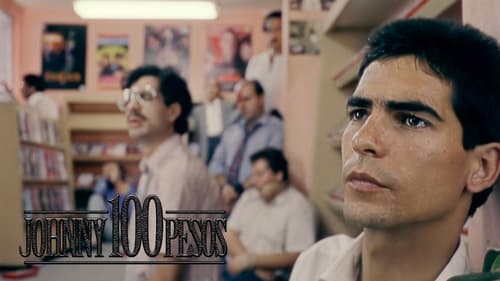
Loco
Based on real events, 17-year-old Johnny García becomes involved with four older thugs who are planning to rob a money-laundering business masquerading as a video store. As they try to escape, a swarm of exploitative media attention awaits.
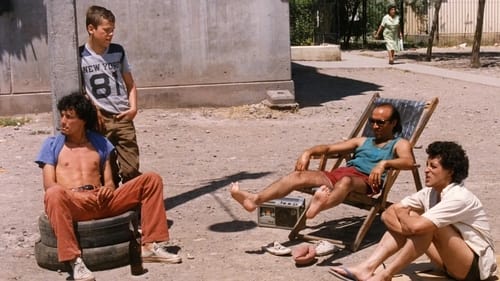
Nacho
Niki and his friends are members of the marginalised underclass living on the outskirts of Santiago. During Chile's transition from dictatorship to democracy (1988-1990), they forge a path from drug- and drink-fuelled nihilism and petty crime into the world of market-driven illegality and Niki begins a seemingly predestined relationship with the middle-class "loca", Manuela. Memorable episodes and characters, quotable dialogue and a mix of earthy national portrait and surrealistic flourish make this one of the key Chilean films of the Nineties.

A cyclist decides to go for everything and win the 'Tour of Chile' Race, so he can finance the medical treatment for his ill mother with the prize. However, he must soon recognize that the sporting event is corrupted by commercial and marketing interests, in addition to the political goals of the military regime.
















